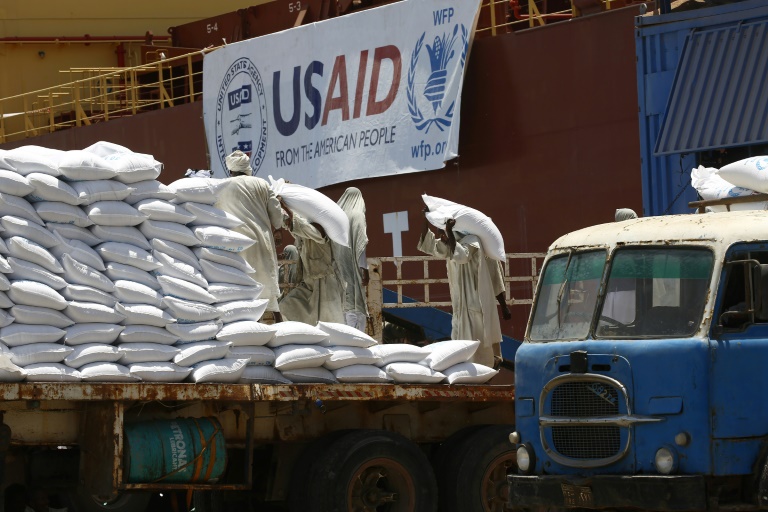The European Union is considering whether to reopen negotiations on a nuclear deal with Iran for the first time since last year, people familiar with the matter have told The Jerusalem Post.
Nevertheless, the sources expressed concern that Tehran might not be ready to make the full spectrum of concessions necessary to reach a new deal.
Instead, it was possible that Iran might be looking to relieve pressure from the significant economic sanctions imposed on it, or even merely to play for time in the midst of ongoing unstable developments in the Middle East, the sources said.Optimism about a return to a nuclear deal within the EU comes from a mix of recognizing that recently elected Iranian President Masoud Pezeshkian campaigned on trying to restore a nuclear deal, which would improve the country’s economic situation, along with recent statements by Supreme Leader Ayatollah Ali Khamenei indicating renewed openness to a deal.
The role of Iran’s new president
Furthermore, several key Iranian officials who negotiated the 2015 nuclear deal are back in power as part of Pezeshkian’s government, signaling negotiators with greater flexibility and closer relations with the West.
However, a variety of Iranian official statements and past experience in the negotiations to restore some kind of a nuclear deal have suggested that Tehran will no longer return to the full 2015 nuclear restrictions, nor will it clarify past possible nuclear military dimensions that the IAEA has asked about.
Under the 2015 nuclear deal, Iran could only enrich uranium up to 3.67%, could only keep enough enriched uranium stock for one-third of what would be needed for a nuclear weapon, could not operate a meaningful number of advanced centrifuges, and had to keep the number of centrifuges at underground facilities to a very small number.
In contrast, Iran has been enriching uranium up to 60% – only one step below the 90% weaponized level – since 2020, it has enough enriched uranium for potentially several nuclear weapons if it made the choice to move in that direction, it now operates many thousands of advanced centrifuges, and it keeps significant volumes of them at underground facilities such as Fordow.
In addition, despite the Mossad exposing the military dimensions of Tehran’s nuclear program in 2018 and the IAEA pressing for answers about that since 2019, the IAEA has said Iran has consistently tried to skirt providing “credible answers.”
It is also unclear whether the West and Iran have enough mutual trust, even with a new slightly more pro-Western Iranian president, to reach any kind of deal given that they are on opposite sides of both the Ukraine war and the Middle East war.
The last time the West and Iran were close to any understanding, was an unwritten deal in fall 2023 – including an exchange of American hostages held by Iran, slowing its 60%-uranium enrichment, and ordering its militias not to attack US forces in the region – that would lead to partial sanctions relief.
However, Hamas’s October 7 invasion of southern Israel, the knowledge that Tehran facilitated it, and Iran and its proxies destabilizing the region, including attacking American forces, led Washington to freeze the partial sanctions relief.







